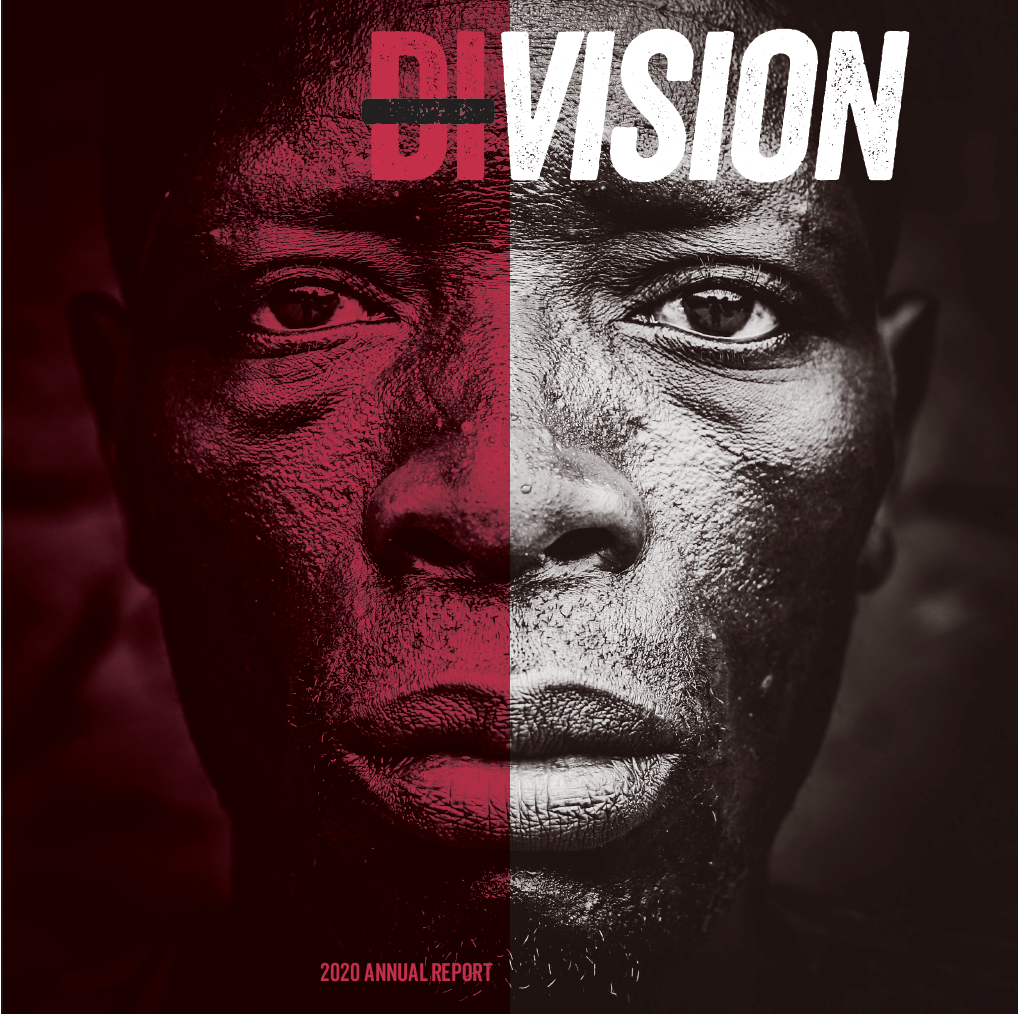
In our second look at the amazing organizations and individuals featured in our 2020 annual report, we take a look at the wonkier, but very important, world of telecommunications policy work. More specifically, we highlight the efforts to extend internet connectivity for rural tribal nations.
Many Americans take their ability to connect to the internet wherever they work, live, travel, and play for granted. But for too many communities, broadband access is unaffordable or simply not available. A lack of access in the 21st century means a lack of opportunity for communities on the wrong side of the digital divide.
This is one of the reasons why Voqal has been a staunch defender of the Educational Broadband Service (EBS) spectrum. These valuable broadband frequencies are what power Voqal’s work and help us pursue our mission of a more just and equitable society. Voqal has helped make the power of EBS available to more communities across the country.
According to the First Nations Development Institute, 54% of American Indians and Alaska Natives live in rural areas and small towns. We also know that these areas experience some of the worst broadband connectivity in the country. The Federal Communications Commission (FCC) data shows that only 45.4% of residents in these areas have access to broadband, and only 38% of residents can afford to subscribe.
EBS had traditionally been reserved for organizations and institutions that could demonstrate an educational use of their licensed frequency. But in 2019, the FCC changed the regulations to allow commercial use of EBS, dropping the 57-year-old requirement that EBS licensees have educational missions.
The FCC also created an application window between February 3 and September 2, 2020, in which federally recognized tribes and Alaska Native Villages in rural areas can claim unassigned EBS spectrum licenses. After September 2, 2020, competitive bidding would begin for this valuable resource, essentially releasing to the free market an educational resource that had been guarded since the Kennedy administration. Voqal was one of the advocates for the allowance made to native nations, which many considered to be an essential concession, considering the dire effect on rural communities that these changes will have.
The rural Tribal Priority Window (TPW) offers tribes a powerful tool to address broadband access and adoption challenges. Through no-cost access to 2.5 GHz spectrum, tribes can affordably build wireless networks to deliver internet access to their communities, or they can lease their frequencies, though they must meet federal buildout requirements.
Shortly after the 6-month TPW began in February 2020, the COVID pandemic began to severely impact many parts of the United States, with tribal communities being among the hardest hit. Many tribes urged the FCC to extend the application window to allow more time to address this public health crisis. Voqal was active in calling for an extension of the TPW to accommodate tribes impacted by the deadly virus. In late July, the FCC announced a 30-day extension of the TPW. To date, the FCC has received well over 200 applications. Voqal continues to support tribal communities and partners as they explore EBS opportunities.
Voqal’s efforts to support tribal spectrum access have also led to Congress pursuing policies to make other spectrum bands available to tribal nations. In July 2020, Rep. Deb Haaland and Sen. Elizabeth Warren introduced the DIGITAL Reservations Act to affirm tribal sovereignty to spectrum rights for the first time.
Like other natural resources, including water and minerals, broadband spectrum access is a critical resource that native nations should be able to control and use to connect and empower their residents.
Read the full FY20 Voqal Annual Report here.